What We're Reading, Vol. 18
Photo by Olivia Gündüz-Willemin.
Every day feels as if we are surrounded by more and more panic, and less and less security in what might come next. As always, we at The Attic believe in kindness, towards others and ourselves, and the comforting approach as much as possible. If we must stay indoors, we will respectfully take heed for the safety of those who cannot, and we will surround ourselves with everything that keeps us peaceful and calm, and allows us to continue the connections that though far reaching, keep us together. Nothing does this more than books, and for us nothing does so more than gathering here to share them with you.
So, here’s what we’re reading this month…
Kara Thompson
My last term as an undergraduate student is quickly approaching and I wanted to go out with a bang...which for me means taking a course on British women writers. While it seems that I will be doing most of the assignments and discussions from my apartment, I take comfort in the fact that I will have Jane Austen, Virginia Woolf, and Jean Rhys to keep me company.
In the weeks before the course starts, I plan to snuggle up with some more contemporary reads. I’ve currently been reading Zinzi Clemmons’ What We Lose and while I’ve gotten through it pretty quickly, it’s still a very powerful read. What We Lose follows a young African-American woman as she deals with relationships, family, greif, her African roots, and everything in between. The story is told through small, beautiful vignettes; I highly recommend it. I also recently got my hands on a copy of the much-talked-about I Miss You When I Blink by Mary Laura Philpott. I couldn’t stop myself from reading the first essay as soon as I brought it home; it made me laugh, it made me cry, and I loved it. I can’t wait to really dive in to I Miss You When I Blink.
M.A. McCuen
Before school got cancelled, I was planning a contemporary British fiction unit with my Brit Lit students. It was honestly a dream — $400 to spend on books and not feeling the least bit guilty for binge reading them while my students worked on ACT Prep. I flew through Kamila Shamsie’s Home Fire. It won the Women’s Prize for Fiction in 2017 and it’s an adaptation of Antigone by Sophocles set in a Muslim household in contemporary London. If you’ve read Antigone, you’ll know it’s a heavy read, tackling issues of grief, family, and country. I also read Run, Riot by Nikesh Shukla. It’s a YA thriller set in a tower block, where secondary students are on the run after they video-tape a horrific episode of police violence. It was a little too “Disney Channel Movie”-esque for my taste, but it did a good job of starting conversation on a bunch of issues that I think my students (whenever we are back in school) will really engage in. I’m currently reading Little Bee by Chris Cleave. It’s a really powerful read and written very well, but I’m still working through my thoughts on it. It’s not ‘Own Voices’ and some parts of it come off as “trauma porn” to me. But I’m going to wait till I’m finished to try to sum up how I feel.
Mary Hitchman
In the earliest days of March, I came to the end of Christopher Dell’s The Occult, Witchcraft & Magic: An Illustrated History, a sprawling collection of international art, alchemical diagrams and magical manuscripts spanning thousands of years. This vast hardback was confined to at-home reading for the sake of convenience, and to preserve my flimsy tote bag, though I didn’t mind this too much. Starting my mornings by poring over twelfth-century astrology charts added some much-needed mystique to my breakfasts, and I was sad to finish what I had nicknamed my ‘witchy picture book’. More recently I’ve read Nicola Gardini’s Long Live Latin, an extended love-letter to the language of Catullus, Cicero, and (most importantly) Caecilius. I have long thought of Latin as a tool: essential for research, but no more enjoyable or beautiful than a garden spade. This book challenged me to appreciate Latin for what it is, rather than what it can do for me, and I want to apply this wisdom elsewhere. I hope for similarly enlightening books on renting and deep-cleaning the oven.
Olivia Gündüz-Willemin
What a month March is proving to be, but thank goodness it’s a month where my moments of reading have been fantastic ones. Early in January, I sped through Jessie Burton’s The Confession, truly confirming her as one of my favorite authors of this decade (made all the better by her truly wonderful Instagram presence). Her writing captivates and the stories she tells keep me turning the page for far longer than I often find I can give my attention over to a novel these days. So when in early March I saw her blurb Kiley Reid’s Such A Fun Age, I knew that I needed to pick it up in these trying times, and I’m so glad that I did. The story of Emira Tucker, a 25 year old African American babysitter to Influencer Alix Chamberlain, who’s stopped at a grocery store while out with her employer’s toddler and threatened by arrest, Such A Fun Age deals with the racial bias that plagues the every day in the contemporary United States while also delving into the world of Mommy Bloggers and white feminists. The social commentary in Such A Fun Age is incredible – both pertinent and honestly, delightfully biting when dealing with Alix Chamberlain. It’s a fantastic novel, and it made me gasp at many points. Definitely a read that I will be recommending to everyone this year.
Sam Cohen
Do audiobooks count toward your Goodreads goal? I usually factor them into my final tallies considering the fact that they take a set amount of time to consume, and because I am utterly incapable of doing anything substantial while I’m listening to an audiobook. I like to play through them while I do my hair and makeup in the morning, or while I’m cleaning or making breakfast, since these tasks are mundane and take up little of my conscious thought and allow me to focus solely on the story. Currently, I’ve been listening to the audiobook for Heartburn by Nora Ephron, which is divinely narrated by Meryl Streep. Is there a more perfect narrator/book combination in the entire world? I think not.
Meryl magically encompasses everything I love most about Nora Ephron--her wit, her humor, her timing, and her absolute vibrancy. This is the type of audiobook I want to listen to over and over again because it’s so entertaining and insightful. Heartburn is a fictionalized account of the very real affair that broke apart Nora Ephron’s marriage to Carl Bernstein. Ephron uses comedy to work through this incredibly heartbreaking time in her life, and I find myself taking away lesson after lesson with each passing hour. The book was adapted into a film, starring none other than Meryl Streep, which means I’ll have to watch that as soon as the audiobook has concluded.
For print, I’ve started Run River by Joan Didion because I have declared this the Year of Didion in my household. I’m taking 2020 to read all of her remaining novels and essays that I’ve yet to read in one sitting, and I’ve already lost myself in the first 50 pages of this novel. I’m also working through To Shake The Sleeping Self by Jedidiah Jenkins, which has been on my TBR pile since it was published last year. I love Jed as a human being, and reading through his account of what it was like to bike from Oregon to Patagonia has been completely captivating. During a time of turmoil like the one we’re living through, it helps to distract myself with Jed’s insightful writing and kind voice. If you read and loved Wild by Cheryl Strayed, do yourself a favor and buy a copy of To Shake The Sleeping Self. Losing yourself in an honest, reflective account of adventure and self-inspection is always a worthwhile journey.

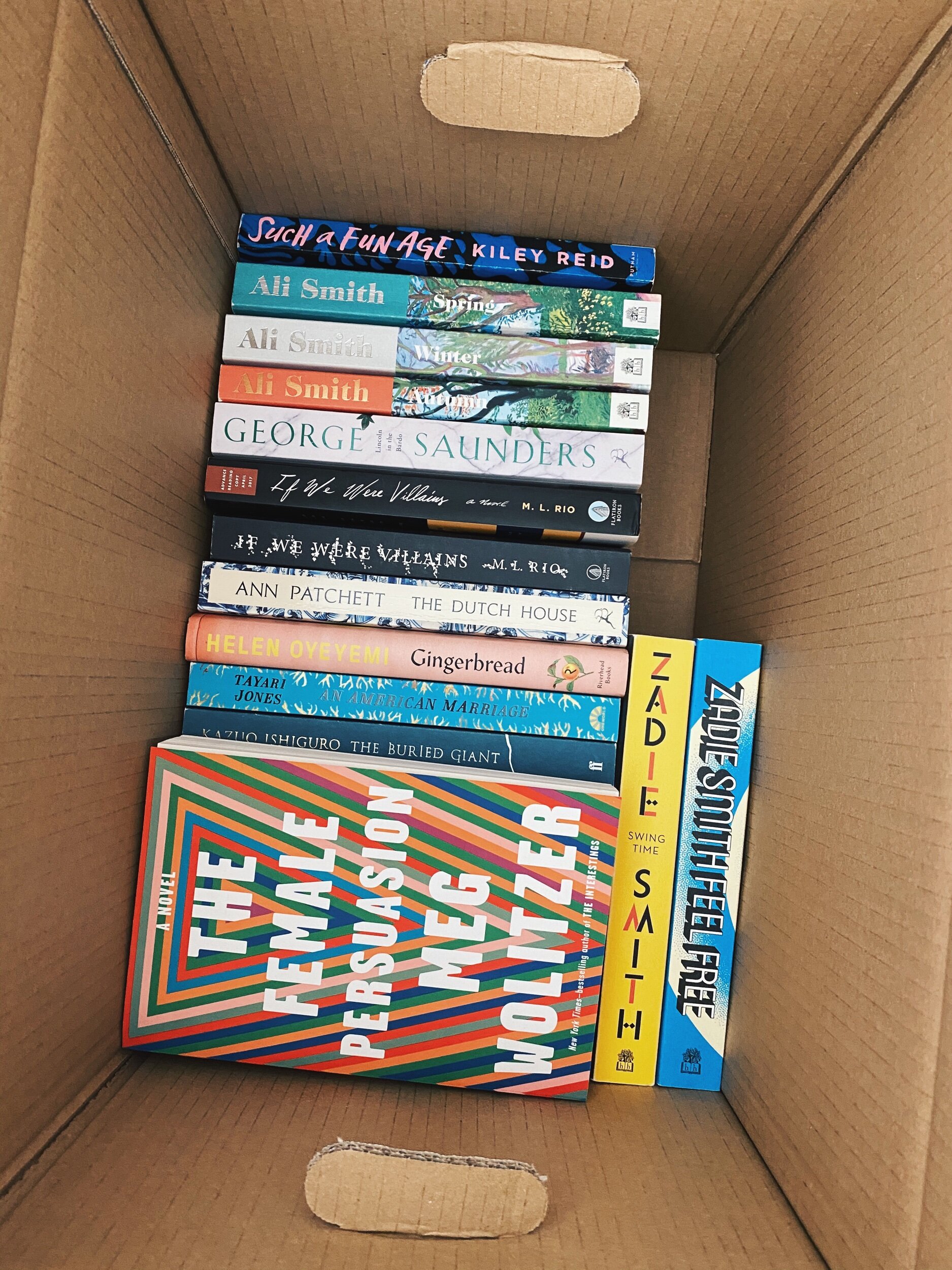


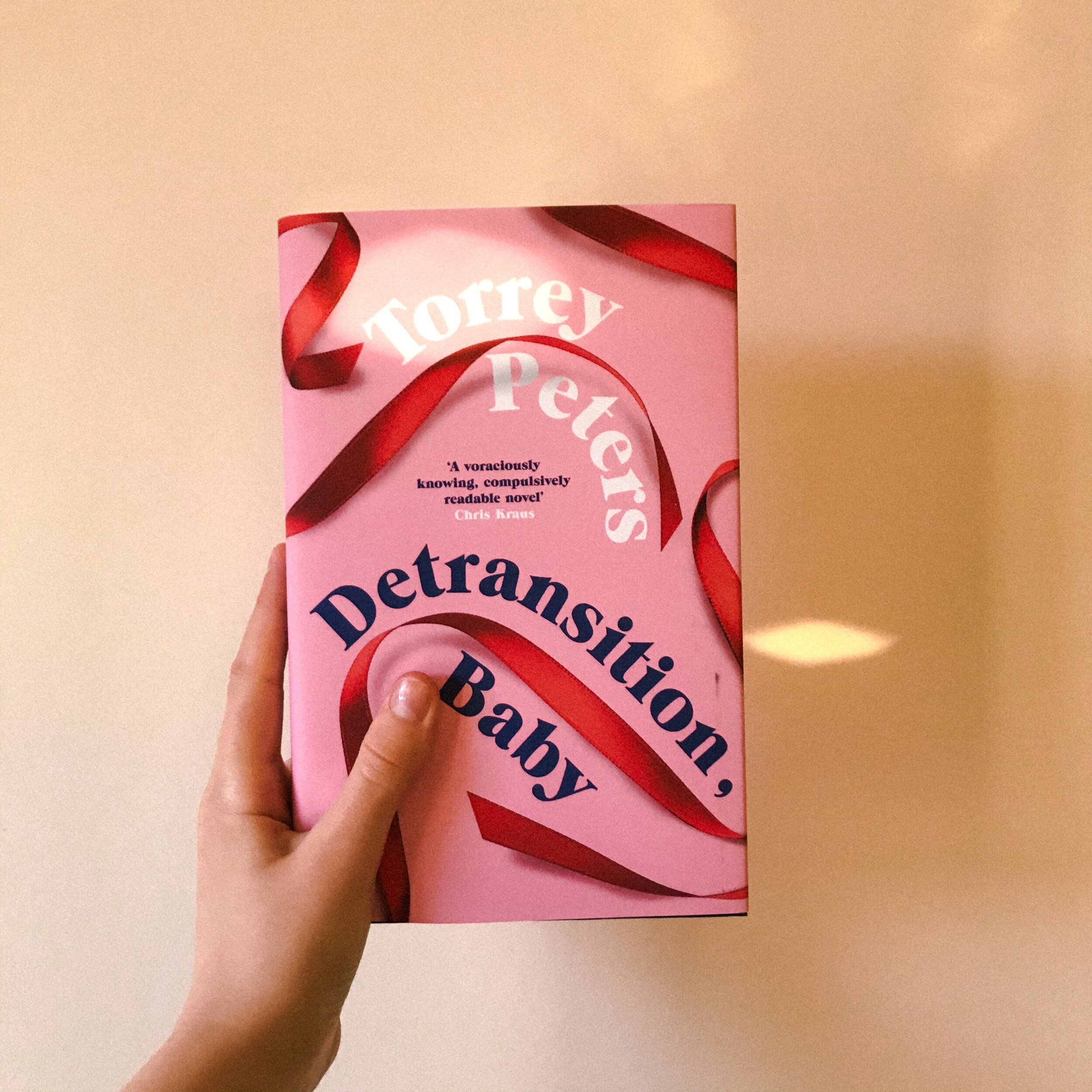
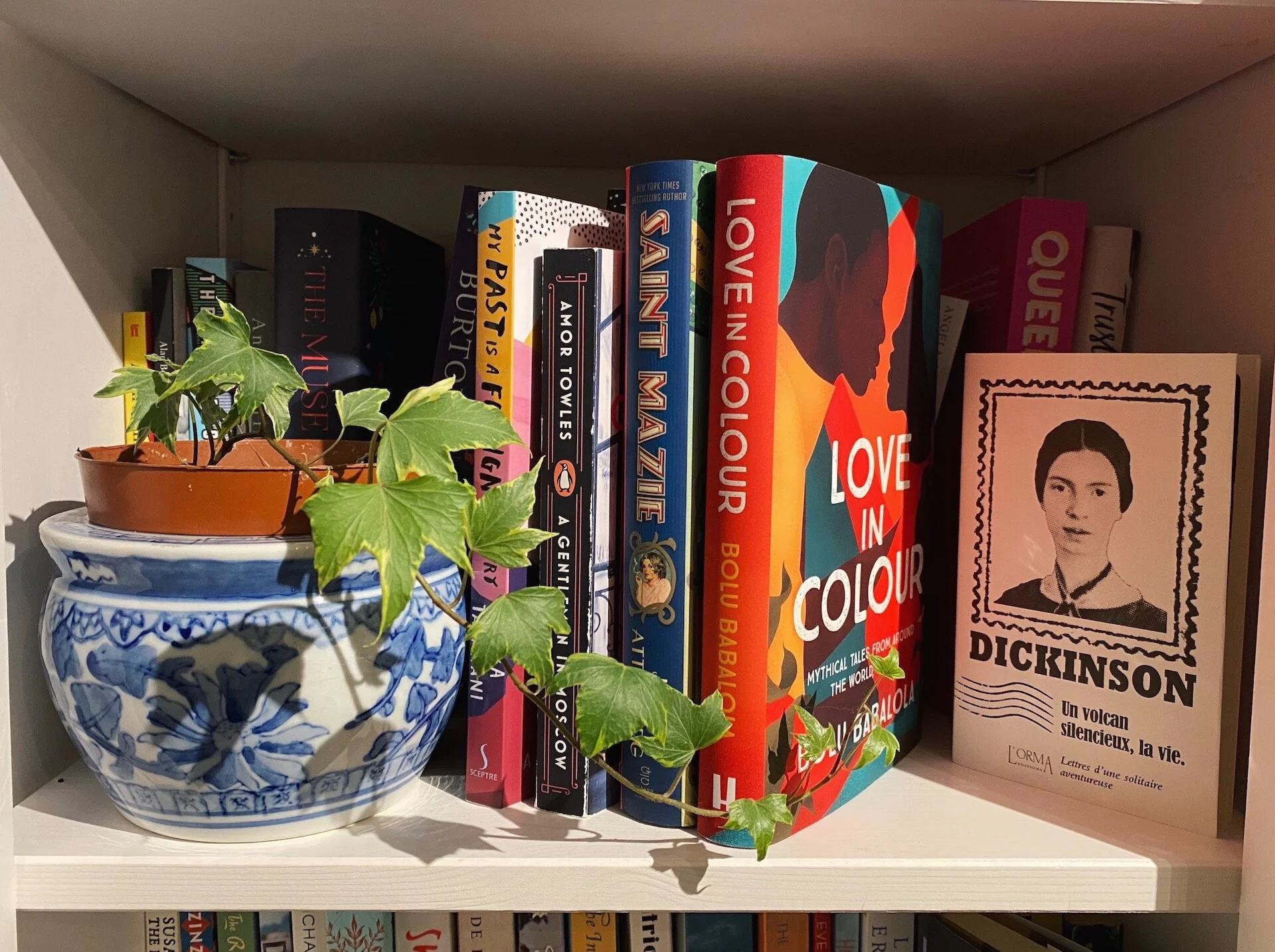
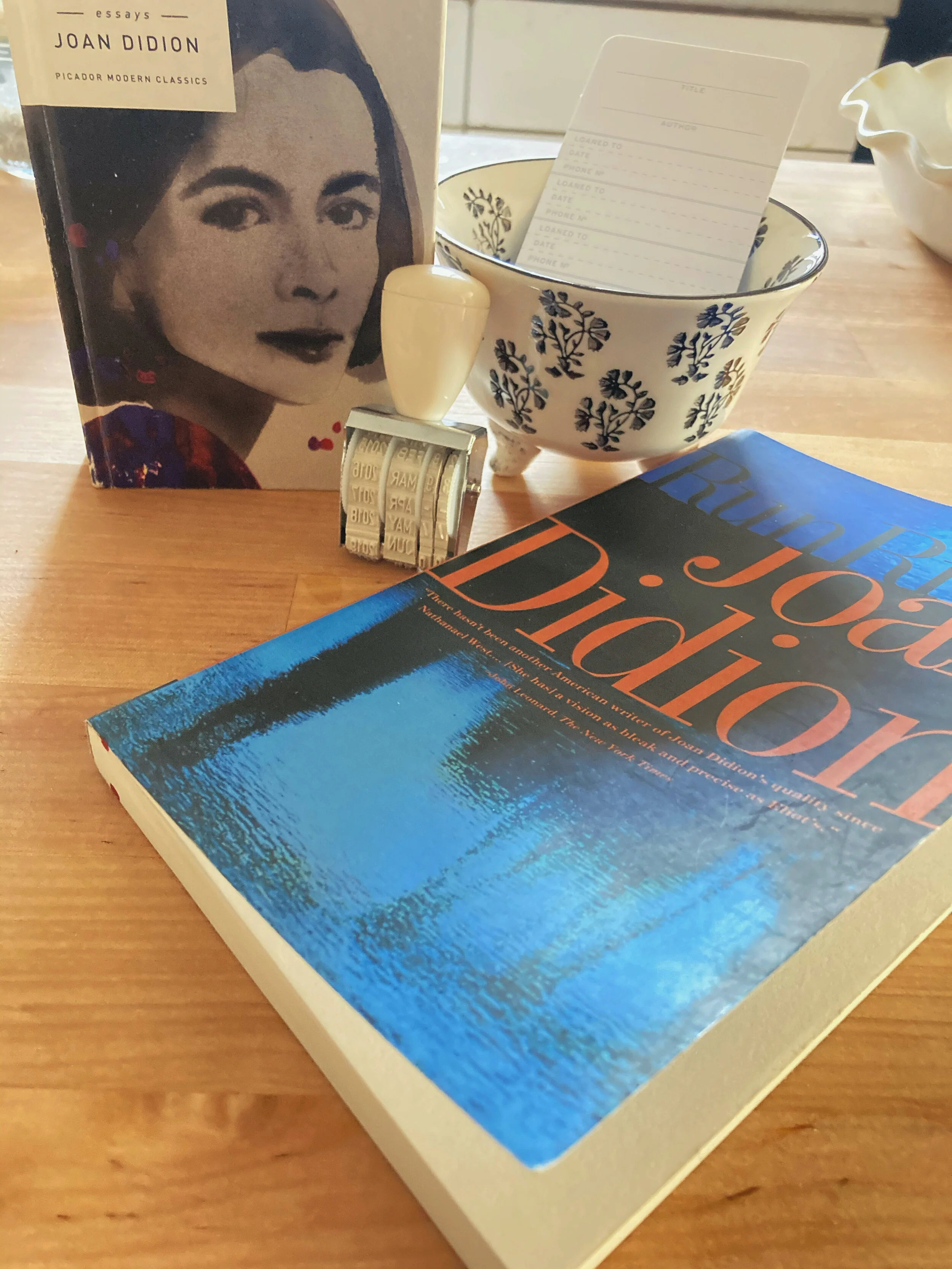
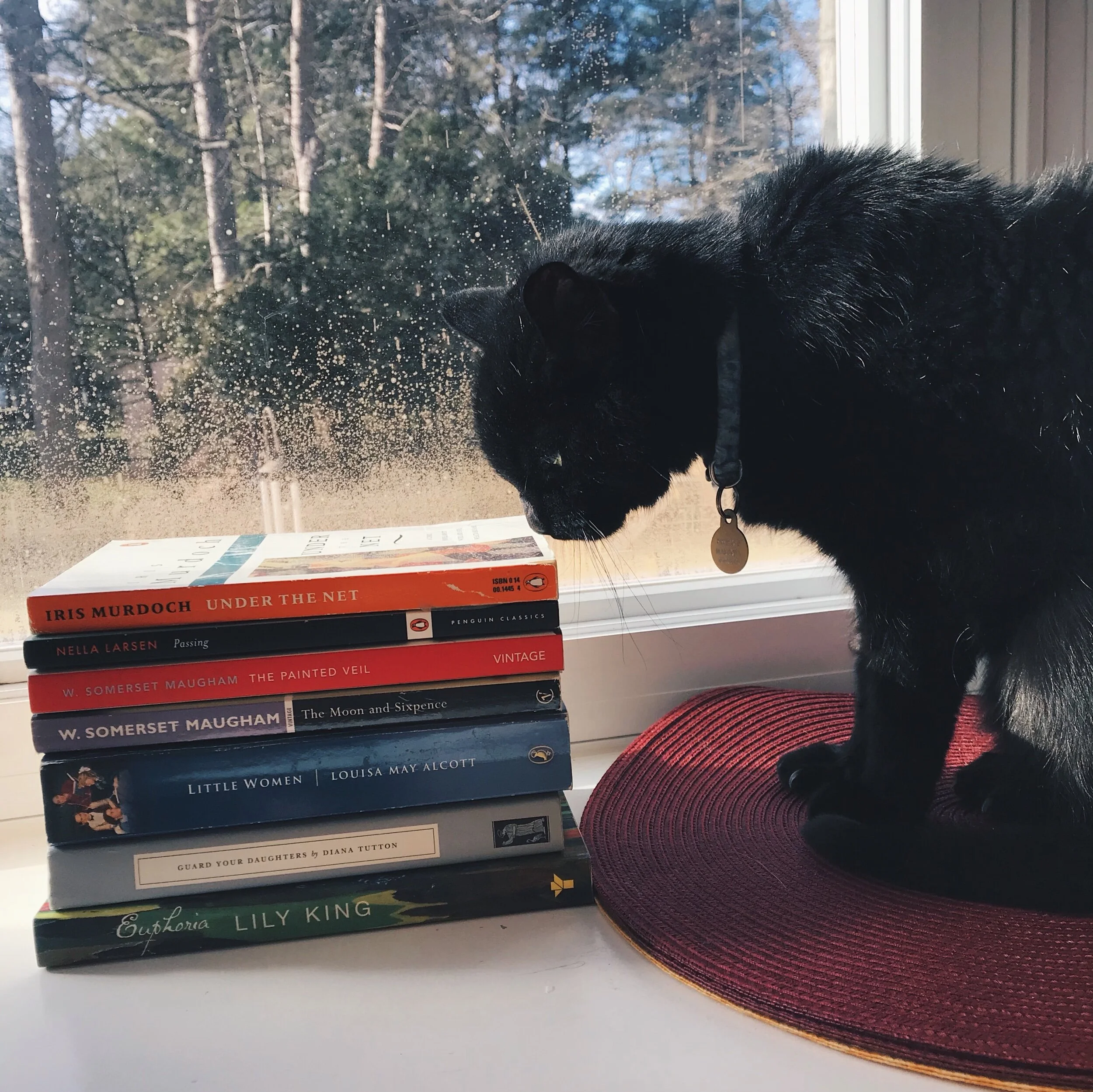


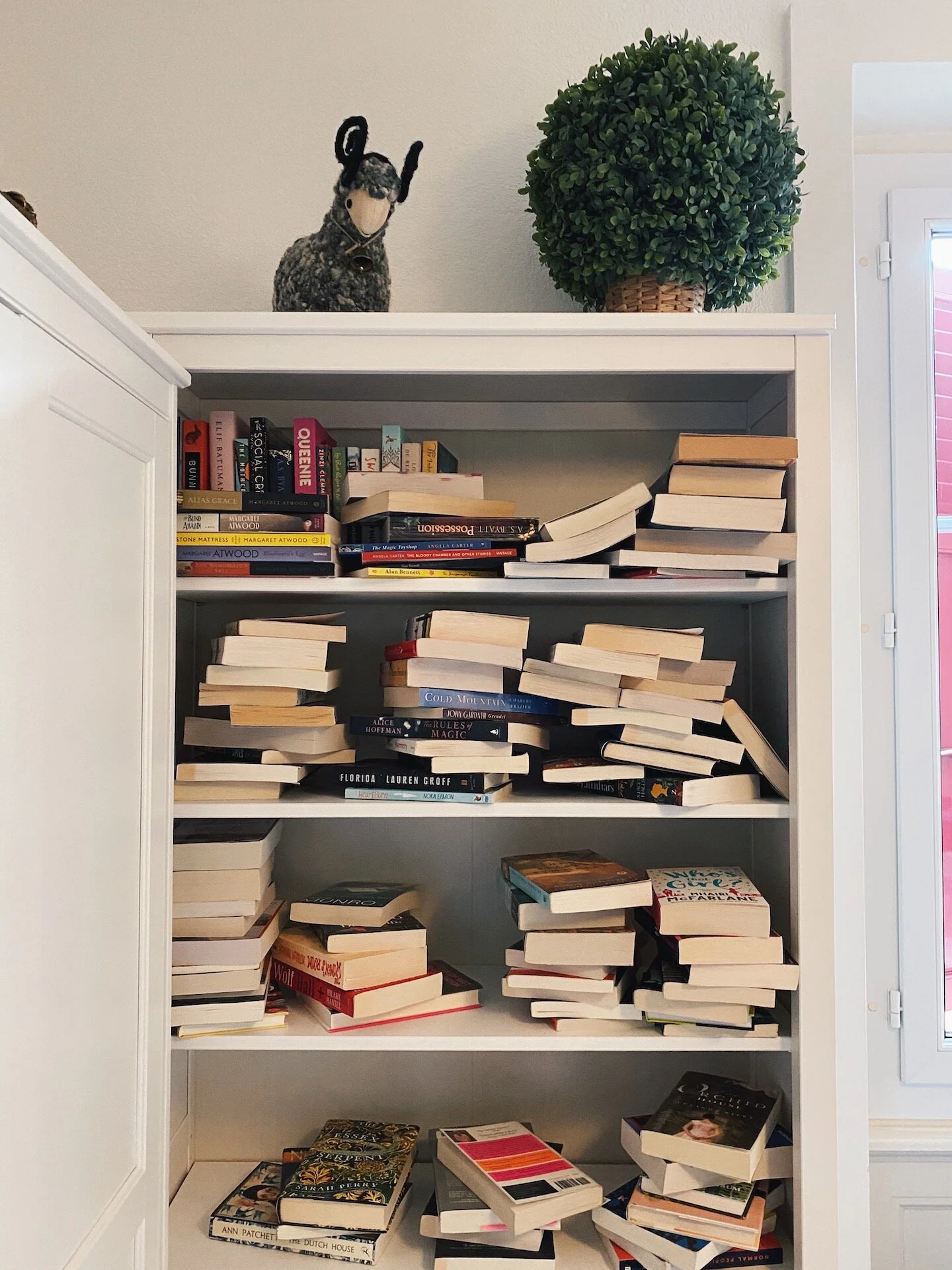
Reading Naoise Dolan’s Exciting Times and Katie Kitamura’s Intimacies, Rachel Tay explores the unease of moving away from one’s own country and language.